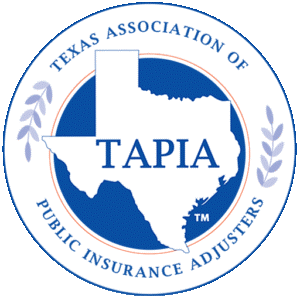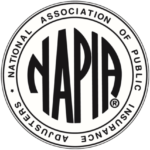As a business owner, you may believe you are in the best position to handle the insurance claim related to your commercial property or business interruption. Reasons for this opinion include the following:
- Your familiarity with the daily operation of your business.
- The extensive knowledge you have about the company and your property.
- The financial stake you have in the outcome of the claim.
Nevertheless, being intimately involved with the business makes it easier for you to make commercial property insurance mistakes. It is easy to overlook situations that would be obvious to an insurance or public adjuster. The desire for a quick financial settlement to get things up and running again may prevent you from negotiating for the best possible settlement. It would help if you considered hiring a public adjuster to manage the claim on your behalf.
You may only know your policy’s exclusions and limitations if you are an experienced insurance professional. A lack of knowledge can be problematic when dealing with an experienced insurance adjuster. Now it is true that an experienced adjuster should be willing and able to answer your questions, but that’s of no help if you need to know what questions to ask. In addition, knowing your rights, responsibilities, and duties following a loss could prevent you from missing critical deadlines for making a claim or other policy obligations.
Most business owners’ policies will include a section called “Duties in the event of loss or damage.” For example, policies require property owners “take all reasonable steps to protect the covered property from further damage.” Let’s say that you have a hard freeze that results in burst pipes and flooding; if you don’t separate the water-damaged and dry areas and the property develops mold or mildew, the “neglect” exclusion allows the insurance company to refuse to pay the claim.
When your property claim is subject to depreciation or a coinsurance penalty, it’s essential to know that the settlement offer is based partly on the adjuster’s opinion. Cash value is calculated based on replacement cost depreciation. The adjuster should consider a higher payment if your property is in excellent condition or has a high market value. The insurance adjuster will also apply a coinsurance penalty if you insure your commercial property for at least 80% of its market value. Because market value is subjective and determined by various opinion-based factors, it does allow room for negotiation.
Finally, remember that the insurance adjuster’s job is to save claim dollars for the company. They may compromise on some elements but hold firm on others. In that case, this can be frustrating, and you may have to play along with the insurance adjuster if you want the settlement dollars. As you can see, managing your claim can result in costly errors. However, a good solution is to hire a public adjuster to handle important claims tasks and negotiate a fair settlement on your behalf.


